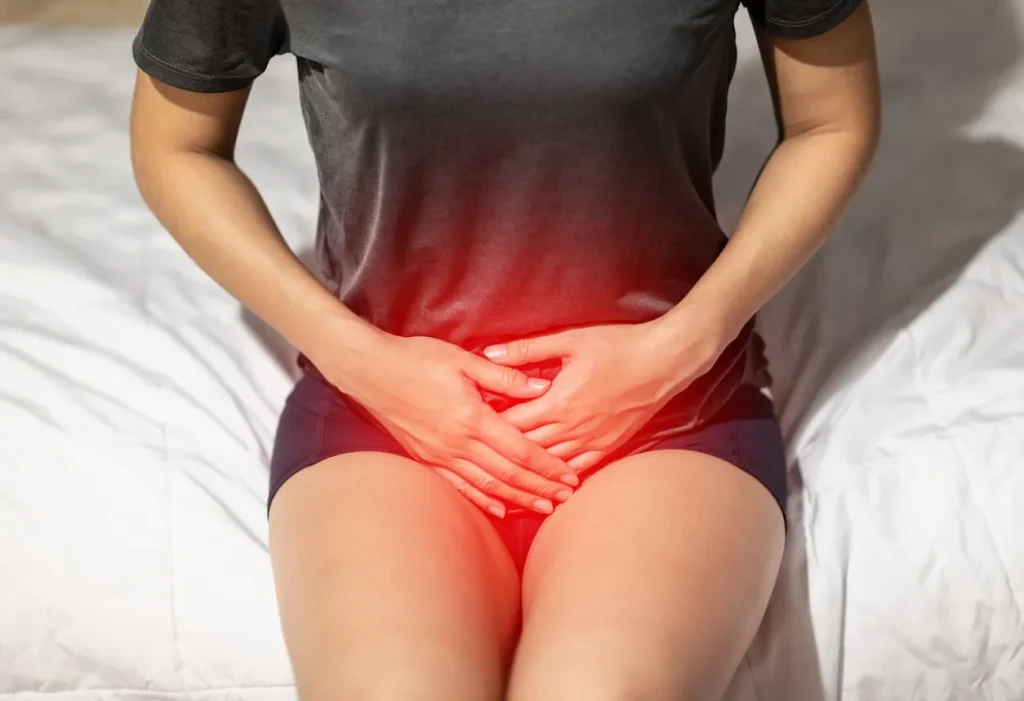Diarrhea in children is a common but concerning condition that can lead to dehydration and other complications if not properly managed. Understanding the potential causes is crucial, as it empowers parents to effectively address and prevent this issue.
What Are the Main Causes of Diarrhea in Children?
The primary causes of diarrhea in children include:
- Infections: Bacterial, viral, and parasitic infections are the most common culprits. Rotavirus and norovirus are frequent viral causes, while bacteria like E. coli, Salmonella, and Shigella can also lead to diarrhea. Parasitic infections, such as those caused by Giardia lamblia, are less common but still significant.
- Food Poisoning: Contaminated food or water can introduce harmful bacteria and viruses into the digestive system, causing acute diarrhea.
- Antibiotics: Medications, especially antibiotics, can disrupt the natural balance of gut bacteria, leading to diarrhea.
- Food Intolerances and Allergies: Lactose intolerance and food allergies can cause gastrointestinal distress and diarrhea in children.
- Irritable Bowel Syndrome (IBS): IBS can cause chronic diarrhea and is often triggered by stress, certain foods, or other environmental factors.
Recognizing Pediatric Diarrhea Symptoms
Early recognition of pediatric diarrhea symptoms is vital, as it facilitates prompt intervention and treatment.
How Can I Recognize Symptoms of Pediatric Diarrhea?
The symptoms of pediatric diarrhea can vary but commonly include:
- Frequent, Loose Stools: The most obvious symptom is an increase in bowel movement frequency, with looser stools than usual.
- Abdominal Pain and Cramping: Children may complain of stomach pain or cramping, a sign of diarrhea.
- Fever: A fever may accompany diarrhea, mainly if an infection occurs.
- Nausea and Vomiting: These symptoms often happen alongside diarrhea, especially in food poisoning or viral infections.
- Dehydration: Signs of dehydration include dry mouth, sunken eyes, decreased urination, and lethargy. Severe dehydration can be dangerous and requires immediate medical attention.
Effective Diarrhea Prevention for Kids
Preventing diarrhea in children is not just about good hygiene practices, dietary considerations, and awareness of common triggers. It’s about you, the parent, taking control and making a difference in your child’s health.
What Dietary Changes Can Help Prevent Diarrhea in Kids?
- Hydration: Ensure your child drinks fluids, especially water and oral rehydration solutions, to stay hydrated.
- Balanced Diet: Provide a balanced diet rich in fruits, vegetables, whole grains, and lean proteins. Avoid excessive sugary foods and drinks.
- Probiotics: Incorporate probiotic-rich foods like yogurt to maintain a healthy gut flora.
- Hygiene: Teach your child proper handwashing techniques, especially before meals and after using the bathroom.
- Safe Food Practices: Ensure food is cooked thoroughly, avoid cross-contamination, and refrigerate leftovers promptly to prevent foodborne illnesses.
Common Diarrhea Triggers in Children
Understanding the common triggers can help prevent and manage diarrhea in children.
What Are Common Triggers of Diarrhea in Children?
- Infections: As mentioned, infections are the most common trigger. Regular handwashing and avoiding contact with sick individuals can help prevent the spread of infections.
- Dietary Factors: Introducing new foods too quickly, consuming high-fat or spicy foods, and overeating can trigger diarrhea.
- Medications: Antibiotics and other medications can disrupt gut bacteria and cause diarrhea.
- Stress: Emotional stress and anxiety can affect a child’s digestive system, leading to diarrhea.
- Environmental Changes: Environmental changes, such as travel or new school routines, can impact a child’s digestive health.
When to Worry About Diarrhea in Children: Key Signs
While most cases of diarrhea are mild and resolve independently, specific symptoms indicate the need for medical attention.
When Should I Be Concerned About My Child’s Diarrhea?
- Prolonged Diarrhea: If diarrhea lasts more than a few days, it’s essential to consult a healthcare provider.
- Severe Dehydration: Signs include excessive thirst, dry mouth, no tears when crying, and reduced urine output. Severe dehydration can be life-threatening and requires immediate medical attention.
- Blood in Stool: Blood or mucus in the stool can indicate a more severe condition and needs medical evaluation.
- High Fever: A high fever that doesn’t subside or is accompanied by other severe symptoms should be evaluated by a doctor.
- Persistent Vomiting: Continuous vomiting along with diarrhea can quickly lead to dehydration.
How Long Does Diarrhea Typically Last in Children?
The duration of diarrhea can vary based on its cause. Acute diarrhea usually lasts a few days but can extend to a week. Chronic diarrhea, lasting more than two weeks, may require a thorough medical evaluation to identify underlying causes.
What Are the Warning Signs of Severe Diarrhea in Children?
- Lethargy and Weakness: Significant tiredness and weakness can indicate severe dehydration or an underlying serious condition.
- Sunken Eyes and Dry Skin: These signs of dehydration need immediate attention.
- Persistent Abdominal Pain: Continuous severe pain could indicate a more serious condition like appendicitis or a severe infection.
- Weight Loss: Unexplained weight loss due to diarrhea requires medical evaluation.
- Persistent Fever: A fever that persists despite treatment needs to be addressed by a healthcare professional.
Conclusion
Understanding the causes, symptoms, and preventive measures for diarrhea in children is crucial for parents. Remember, seeking medical advice when you have concerns about your child’s health is not a sign of weakness, but a show of strength and care. You’re not alone in this journey.




